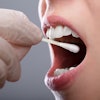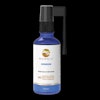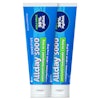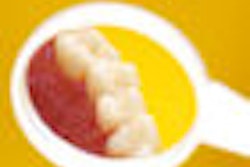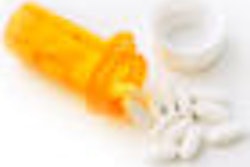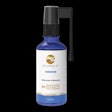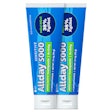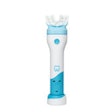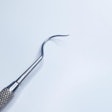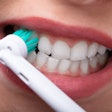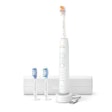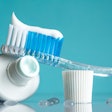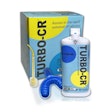Want to give your patients suffering from periodontitis an extra safety net? A once-daily dose of subantimicrobial-dose doxycycline (SDD) containing 40 mg of doxycycline for nine months after scaling and root planing is an effective adjunct to treatment. That's according to a new study in the Journal of Periodontology.
While previous studies have shown the effectiveness of half that dosage (SDD-20 mg) on a twice-daily basis, this study specifically looked at results from the single dose option (SDD-40 mg).
"The use of a systemic medication over three to nine months requires a commitment on the part of the patient, and poor compliance with a twice-daily medication may affect clinical outcomes ... thus, in terms of compliance, once-daily dosing is preferred to twice-daily (or more) dosing whenever possible," the authors noted.
The nine-month study looked at 266 patients with periodontitis at seven clinical investigational sites: Universities of Kentucky, Texas at San Antonio, Florida, Pennsylvania, and Michigan; Newcastle upon Tyne (U.K.); and a private practice in San Francisco. The mean age of patients was 48 to 50 years.
In this randomized study, 133 patents received adjunctive a modified-release formulation of SDD-40 mg (in controlled-release capsules) for nine months, while the other 133 received a placebo. Researchers looked at the effect of the treatment on moderate (4-6 mm) and deep (more than 7 mm) pockets.
Researchers recorded probing depths (PD), bleeding on probing (BOP), and clinical attachment level (CAL) at the beginning of the study, and at three, six, and nine months into the treatment.
"Attachment gains were demonstrated in both groups, which was expected following SRP. However, gains in CAL were significantly greater at all time points in the subjects treated with SDD-40 compared to the subjects who received placebo," noted the authors.
From baseline to nine months, mean CAL gain in patients with moderate sites was 11 percent greater in the adjunctive SDD-40 group compared to the placebo group. In the deep sites, mean CAL gain was 19 percent greater in the SDD-40 group.
Moderate sites shrunk 16 percent more in patients taking SDD-40, as compared to those receiving the placebo. Deep sites shrunk 22 percent more in patients taking SDD-40.
"Reductions in mean BOP scores were observed in both treatment groups following scaling and root planing, as was expected. However, reductions in BOP were significantly greater in the SDD-40 group than the placebo group at all time points in moderate and deep sites," wrote the authors.
Reducing the frequency of dosage resulted in patients taking the medicine more regularly, the authors noted. While a previous study using SDD-20 mg had a compliance rate of more than 87%, this study had a compliance rate of more than 92%.
Bottom line: SDD-40 is a safe and effective adjunct to scaling and root planing in the management of periodontitis.
Copyright © 2008 DrBicuspid.com
